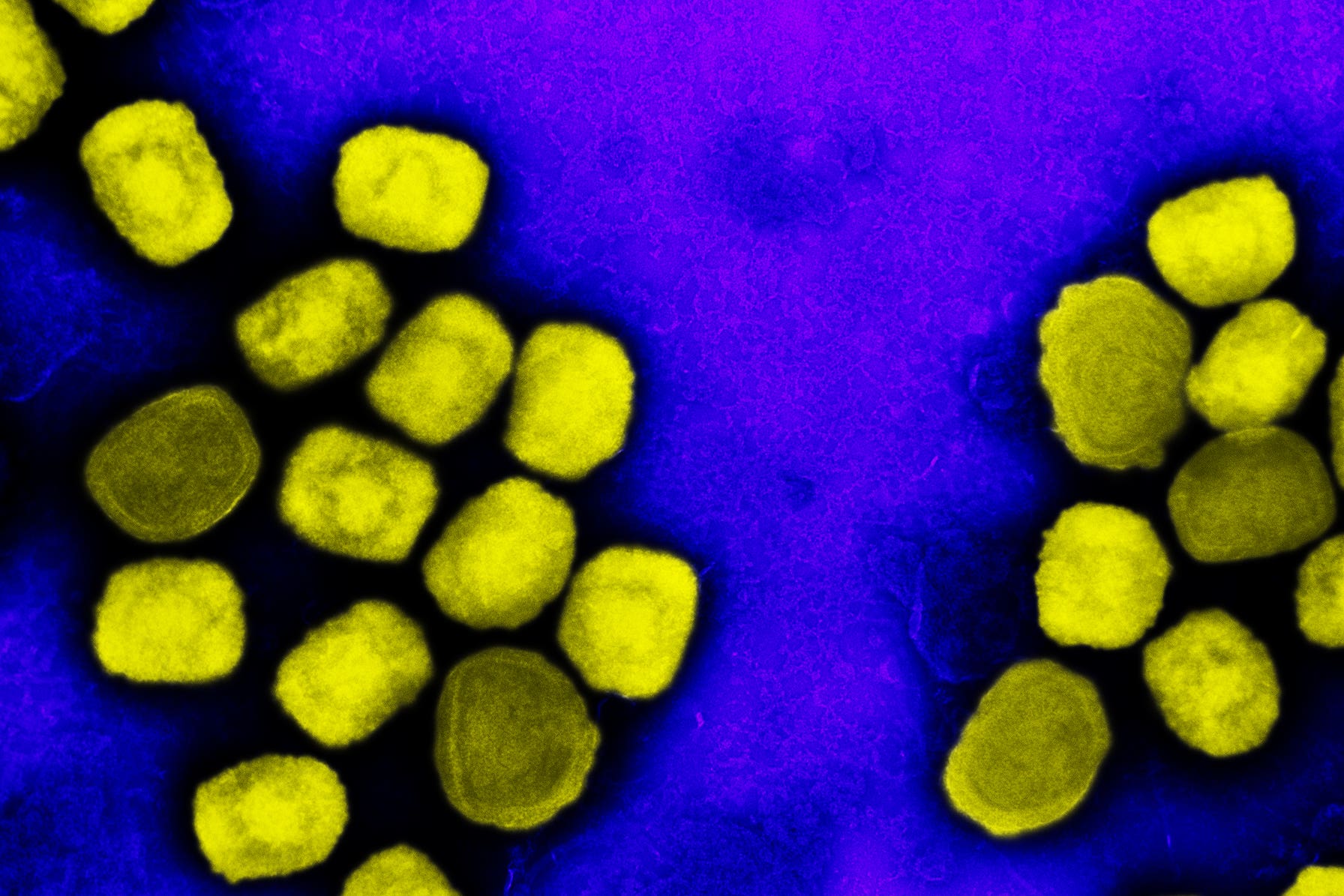Charity stops working with Government over ‘lacklustre’ monkeypox response
Terrence Higgins Trust believes that without further action the disease could become endemic.

Your support helps us to tell the story
From reproductive rights to climate change to Big Tech, The Independent is on the ground when the story is developing. Whether it's investigating the financials of Elon Musk's pro-Trump PAC or producing our latest documentary, 'The A Word', which shines a light on the American women fighting for reproductive rights, we know how important it is to parse out the facts from the messaging.
At such a critical moment in US history, we need reporters on the ground. Your donation allows us to keep sending journalists to speak to both sides of the story.
The Independent is trusted by Americans across the entire political spectrum. And unlike many other quality news outlets, we choose not to lock Americans out of our reporting and analysis with paywalls. We believe quality journalism should be available to everyone, paid for by those who can afford it.
Your support makes all the difference.An HIV and sexual health charity has withdrawn from working with the Government’s health agency over its “lacklustre” monkeypox response.
Terrence Higgins Trust said it has spent several months trying to get the UK Health Security Agency (UKHSA) to begin a strong communication strategy and take action.
Dominic Edwardes, director of communications at the trust, said it wants a “a multi-channel campaign” by UKHSA targeting gay and bisexual men, who make the “overwhelming number of cases”, before the disease becomes “endemic in the UK”.
We firmly believe that a strongly targeted health campaign is a necessity to stop monkeypox from becoming endemic and that the money must be found to implement it
He added: “It’s crucial we reach those at high risk who still need to be vaccinated, those needing to access a second dose and those currently managing the risk through changing their sexual behaviour.
“We have raised this consistently for months in the UKHSA’s communications meetings, but appropriate action has still not been taken.
“We firmly believe that a strongly targeted health campaign is a necessity to stop monkeypox from becoming endemic and that the money must be found to implement it.”
In response, Dr Will Morton, UKHSA incident director, said in a statement to PA news agency: “The UK was the first to detect the international outbreak of monkeypox and we purchased 150,000 vaccine doses early to help protect the public.
“With thanks to Terrence Higgins Trust and other LGBT+ and sexual health partners, there is very high awareness of the disease, its symptoms and how to seek help and prevent transmission among those at higher risk.
“We are not complacent and will continue to ensure that everyone has the information they need to stay safe.
“Cases of monkeypox are low and this is thanks to a combination of the vaccine and changes in behaviour, based on information that UKHSA has published.”
Second doses of the vaccine will be offered to those at higher risk from two or three months after the first dose, the UKHSA said earlier this month.
There are no plans to widen the offer of vaccination but the decision will be kept under review.
Those who are eligible for vaccination will be called by the NHS.
As of September 20, more than 45,000 people have received a dose of the vaccine, including more than 40,000 gay, bisexual and other men who have sex with men.
The disease is traditionally confined to parts of Africa but cases began occurring in the UK in early May.
There were 3,523 confirmed and 150 highly probable monkeypox cases in the UK, according to data for October 10.
A total of 3,499 were in England, 94 in Scotland, 34 in Northern Ireland, and 46 in Wales.